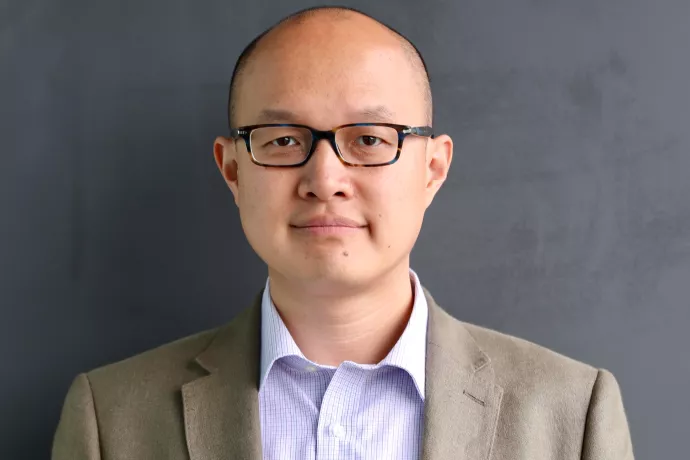
Lawyers for Canadians charged with spying in China can only make minimal difference, says UTM legal expert
A U of T Mississauga expert on China’s legal system says a more coordinated effort is needed to raise attention worldwide about Michael Kovrig and Michael Spavor, two Canadians facing espionage charges in China.
“The more international attention on their trials, the better,” says Sida Liu, an associate professor of sociology. He says the broader attention could put some pressure on the Chinese government and courts to conduct as close to a fair trial as possible, adding that this is not just a problem between China and Canada, but is instead part of a larger political conflict that could affect everyone.
After being detained for over a year in China, last month the two Canadians were charged with spying. The formal charges came on the heels of a decision by British Columbia’s Supreme Court to dismiss an application from Huawei executive Meng Wanzhou to avoid extradition to the United States.
Now that Spavor and Kovrig have been prosecuted, the cases will be transferred to the courts. While both face spying-related charges, they were charged separately in different jurisdictions. Kovrig’s case will transfer to Beijing while Spavor’s will go to Dandong.
Normally the courts have three to six months to conduct a trial and reach a decision once a case has been transferred, but because this is a national security case, the courts could extend that timeframe, Liu says.
“There are procedural tools they could use to drag this out longer than six months,” he explains.
The trials will also be closed to the public. That’s not unusual because national security cases are required to take place behind closed doors. The Chinese government could be using national security as an excuse to conduct closed-door trials and shield information from the international community, Liu says, but it’s possible the cases do involve some state secrets.
“We just don’t know.”
Liu adds that in other national security cases the public has had at least some information, whether it’s someone went to a meeting or participated in an event, yet when it comes to Kovrig and Spavor “we know nothing.”
That makes it hard to predict what will happen.
There’s also the question of political considerations. The two spying cases seem to be linked to the Meng Wanzhou extradition proceedings in Vancouver.
“Every step of the two Michael cases kind of correspond, in suspicious ways, to the progress of the Meng case,” Liu says. “But legally speaking, they have zero relationship.”
With a conviction almost assured – China has a 99 per cent conviction rate – Kovrig and Spavor will need to secure good lawyers who can focus on reducing their sentences. The two could face life in prison.
High conviction rates are not unique to China, Liu notes, pointing to Japan and France as examples, two countries that also use a civil law system. The high conviction rates aren’t because the courts are unfair, it’s because the burden of proving a defendant is guilty relies heavily on the prosecutor, Liu explains. When the prosecutor decides to move forward with a case, they are confident they have enough evidence for a conviction.
The defense lawyers can only make a minimal difference, Liu says. “It’s more about sentence reduction than whether they’re innocent or guilty.”
And there’s still the issue of political influence.
“Fundamentally, Chinese courts are not independent,” Liu says. “You expect the government to interfere in the process.”
Theoretically, if the BC Supreme Court was to dismiss the Wanzhou case, it’s possible the Chinese prosecutor could choose to withdraw the charges before sentencing.
“Canada has to decide whether to save the two Michaels or hold up its own values,” Liu says. “It’s a really bad situation we got ourselves into.”
